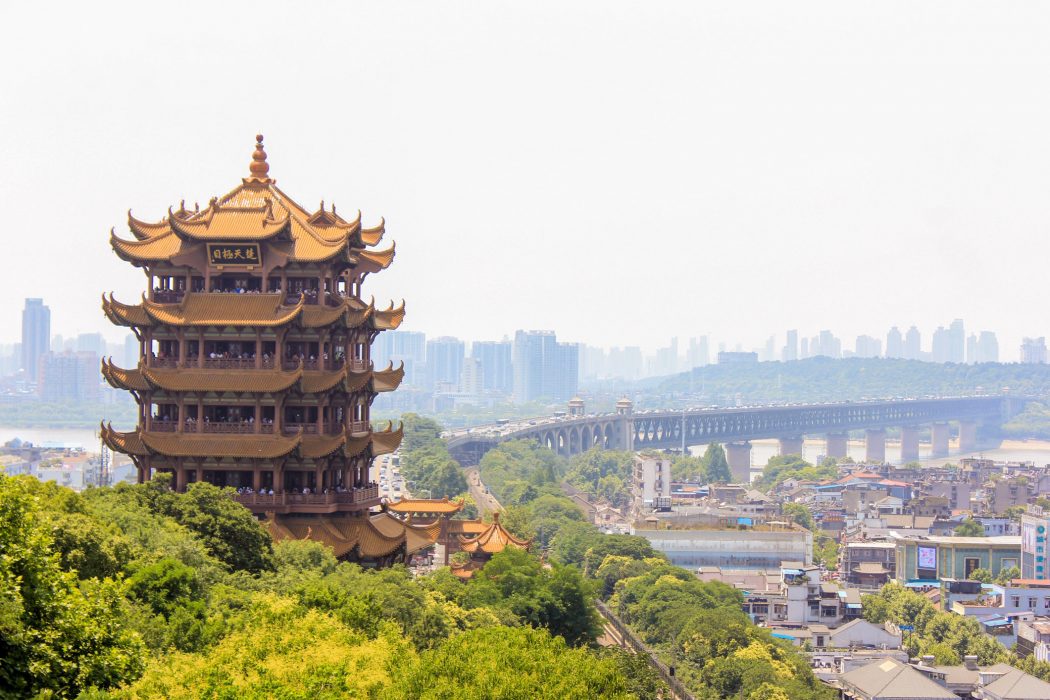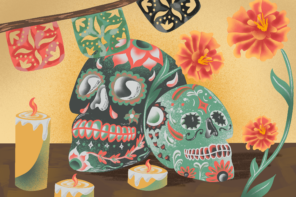The often panicked media narratives around coronavirus, like all panicked media narratives, will fade as soon as the epidemic has died down. For now, the mounting death toll and the highly contagious nature of the virus will make news outlets money, inspire crass comedy routines, and ignite the ever-simmering debate about vaccinations on Facebook.
Yet, coronavirus also reveals the deeper political realities of China, the country where it originated and which has seen the vast majority of cases. The government has been slow to react and quick to suppress free speech surrounding the subject, which challenges the notion that China’s ascent in wealth and power will engender political liberalization.
Denial has been a feature of the epidemic from the very beginning. As the number of those infected soared since the first case on December 8th, officials in Wuhan asserted they had it under control. However, when Dr. Li warned his peers of the unidentified virus on a chatroom on December 30, he was forced by police to sign a statement stating his warning was an illegal rumour.
As the epidemic escalated, Wuhan officials told doctors not to use the word “viral pneumonia,” insisted that there were no more infections, and they failed to announce the first case of human-to-human transmission of the virus until January 20th. The mayor of Wuhan stated that a national law does not allow provincial governments to report epidemics unless they have central government approval.
Slow response and continuous denial are only one side of the cover-up; there has also been active repression of dissenting voices. Few news outlets are covering the crisis and those independent citizens who have reported it, like Dr. Li, have been silenced. An article about the virus written even in Hong Kong has been deleted. Four residents in the Shandong Province were detained for “spreading rumors” that there was a patient with coronavirus in the district. Two video bloggers who documented the outbreak in Wuhan have disappeared.
This is not the first time we have seen this pattern. The current coronavirus outbreak inspires a comparison to the 2003 Severe Acute Respiratory Syndrome (SARS) outbreak, which was another globalized epidemic that began in China.
This success of civil society was seen as a turning point: a symbol that China was becoming more democratic and open to criticism.
In 2003, China was eight times poorer than it is today, with much less advanced medical capabilities and a far less capable and responsive bureaucracy. Therefore, officials and medical professionals found it much more difficult to contain the outbreak than today; but like today, it actively covered up and delayed the response to this outbreak. Because of this incompetence in the cover-up, the media and journalists, who faced comparatively fewer media crackdowns than today, shamed the government into taking more drastic steps. This success of civil society was seen as a turning point: a symbol that China was becoming more democratic and open to criticism.
This idea of China democratizing isn’t new, however. Journalists, world leaders, and political science theorists have echoed similar sentiments. This theory, popular in academia and among world leaders, postulates that a country cannot remain wealthy and simultaneously also repress its citizens. A wealthy population is a population that can credibly demand political freedoms. Therefore, as a country becomes wealthier, in theory it will thus become more democratic.
The civil society reaction to the SARS outbreak would seem to bolster this theory. Nonetheless, as time has gone on, that conclusion seems shakier. The supposed inevitable shift towards democracy has not come to pass. China has indeed become wealthier and it has used this wealth to increase its social services and medical facilities, but it has also used wealth to tighten its grip on the internet, other forms of media, and civil society, more strictly controlling information to match the worldviews of the parties in power. Today, the whistleblower of the SARS virus, Dr Jiang, is considered an enemy of the nation and has even been put under house arrest.
These present-day injustices all point to a country not likely to become a liberal democracy anytime soon.
The response to coronavirus is just one of many examples of how China remains in an authoritarian state. For example, in China today, there exists aggression towards Tibet, the re-education camps of Uyghur Muslims, the suppression of protests in Hong Kong, and a dystopian system of social credit. These present-day injustices all point to a country not likely to become a liberal democracy anytime soon. China becomes wealthier and wealthier and its citizens become more and more surveilled and controlled. Therefore, we need to challenge this idea that China is on a linear path of progress towards democracy, which is the best method of governance.
Furthermore, the globalized nature of coronavirus shows that China’s illiberal values and human rights abuses are not simply a domestic concern. At the time of this article’s publication, there have been over 88 000 confirmed cases of this virus reported, with over 3,000 deaths. The large majority of these deaths have been concentrated in China. However, there have been cases reported on nearly every continent and twenty in Canada.
…the West may be conforming to China’s authoritarian model.
China is an incredibly powerful country, both economically and militarily, and this power is only growing. Wealth buys the power to shape international relations and political norms to conform to your own vision. Currently, international relations and norms are shaped by the United States and the West more generally, as they propagate norms of liberal democracy, free trade, tolerance of diversity, etc. But if China continues to grow, and when it comes to eventually replace the United States as the leader of the New World Order, we may experience a reversal: the West may be conforming to China’s authoritarian model.
The Western-led world order is not perfect by any stretch of the imagination, and they do not always abide by their own norms or unwavering moral principles. But even the pretense of and the uneven application of liberal norms is preferable to re-education camps, to disappearances in the night, to propaganda. I would rather China conform to flawed norms of Western democracy than persist in emphasizing economic growth at the expense of human rights.








